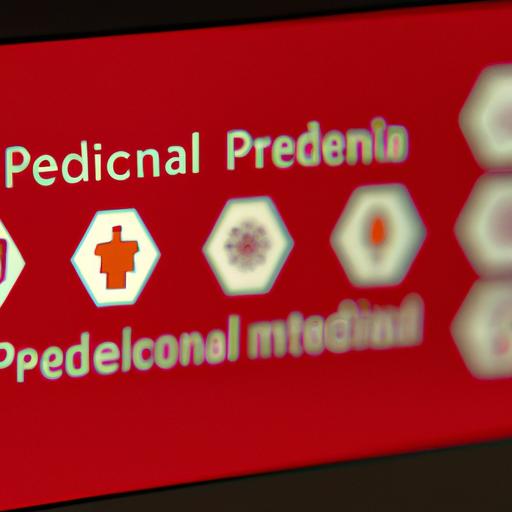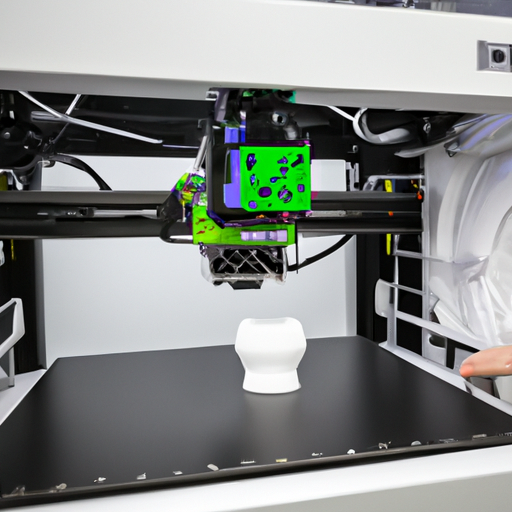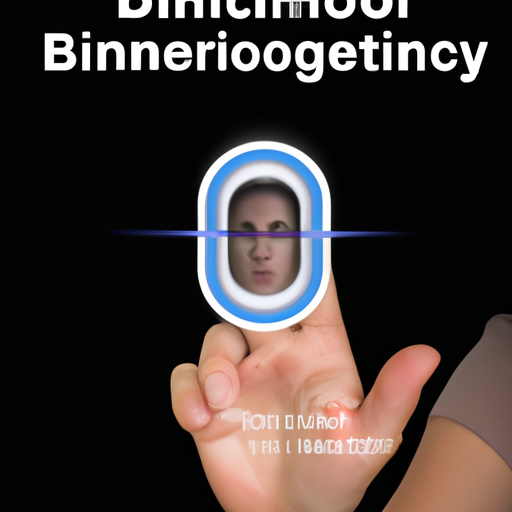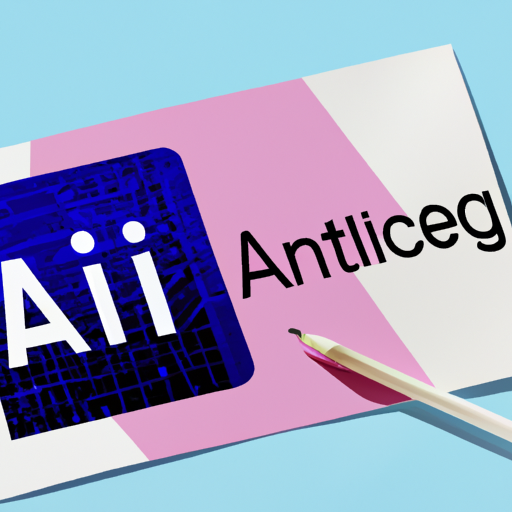In the rapidly evolving landscape of healthcare, personalized medicine technology stands out as a groundbreaking approach that tailors medical treatment to the individual characteristics of each patient. Unlike traditional methods that adopt a one-size-fits-all philosophy, personalized medicine focuses on understanding each patient’s unique genetic makeup, lifestyle, and environment to create customized treatment plans. This shift has the potential to drastically improve patient outcomes, minimize side effects, and optimize healthcare spending.
What is Personalized Medicine?
Personalized medicine, often referred to as precision medicine, aims to customize healthcare by integrating various data sources such as genomics, proteomics, and metabolomics. This information is utilized to determine the best therapeutic strategies suited to the patient’s individual profile, minimizing the trial-and-error approach often found in conventional medical treatments.
Key Technologies Driving Personalized Medicine
Several technological advancements are at the forefront of personalized medicine:
- Genomics: The sequencing of genomes provides insights into genetic predispositions and responses to treatments.
- Bioinformatics: Advanced data analytics and algorithms process vast amounts of health data to identify patterns and predict treatment outcomes.
- Wearable Devices: These gadgets monitor real-time health data, enabling more informed decisions regarding patient care.
- Artificial Intelligence: AI applications in medicine help in analyzing patient data for developing personalized treatment plans quickly.
Benefits of Personalized Medicine Technology
- Improved Treatment Efficacy: By targeting specific molecular pathways, personalized therapies can significantly enhance the effectiveness of treatments.
- Reduced Side Effects: With tailored treatments, patients are less likely to experience adverse drug reactions.
- Cost-Effectiveness: By focusing on targeted therapies, healthcare resources can be used more efficiently, leading to reduced overall costs.
Challenges and Considerations
Despite its potential, personalized medicine is not without challenges. Issues such as the high cost of genomic testing, ethical considerations regarding genetic data privacy, and the need for substantial clinical validation of tailored therapies must be addressed. Furthermore, the integration of diverse datasets from various sources poses significant data management and interoperability challenges.
The Future of Personalized Medicine Technology
The future of personalized medicine looks promising, with ongoing advancements in genomic research and artificial intelligence. As these technologies continue to evolve, healthcare professionals will increasingly rely on personalized approaches to diagnose and treat patients, steering the healthcare industry towards a more effective and efficient model.
Conclusion
Personalized medicine technology is revolutionizing the way we approach healthcare, offering tailored solutions that cater to the individual needs of patients. As we move forward, embracing the potential of genomics and bioinformatics will be crucial in transforming healthcare outcomes and improving the quality of life for patients worldwide.
Join us in exploring the latest in personalized medicine and how it can shape the future of healthcare!
Keywords: personalized medicine, healthcare technology, precision medicine, genomics, tailored treatment




